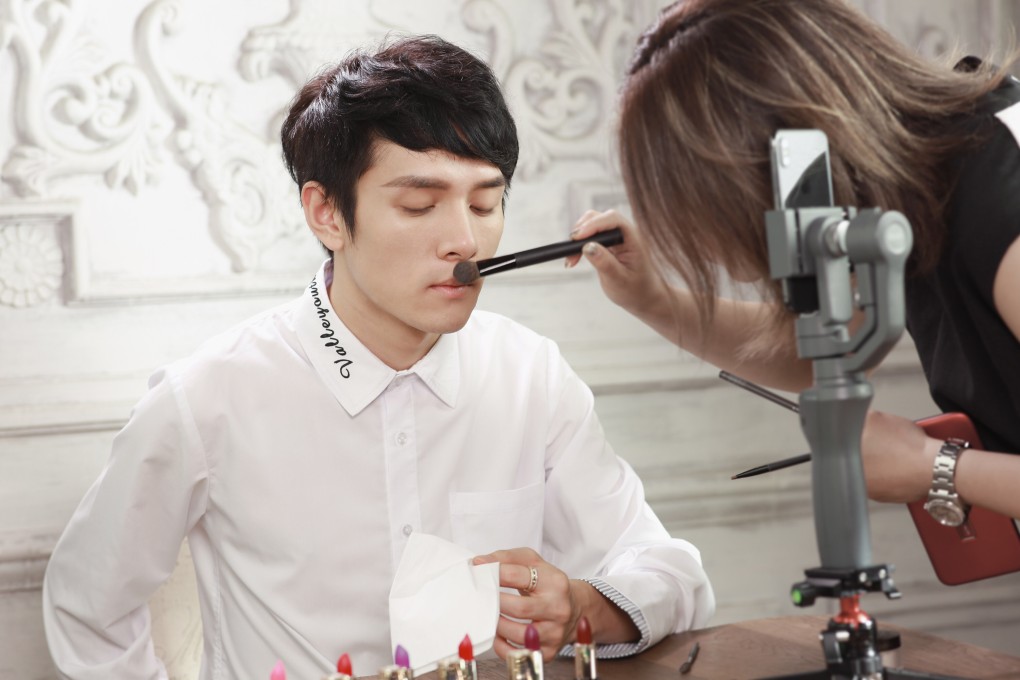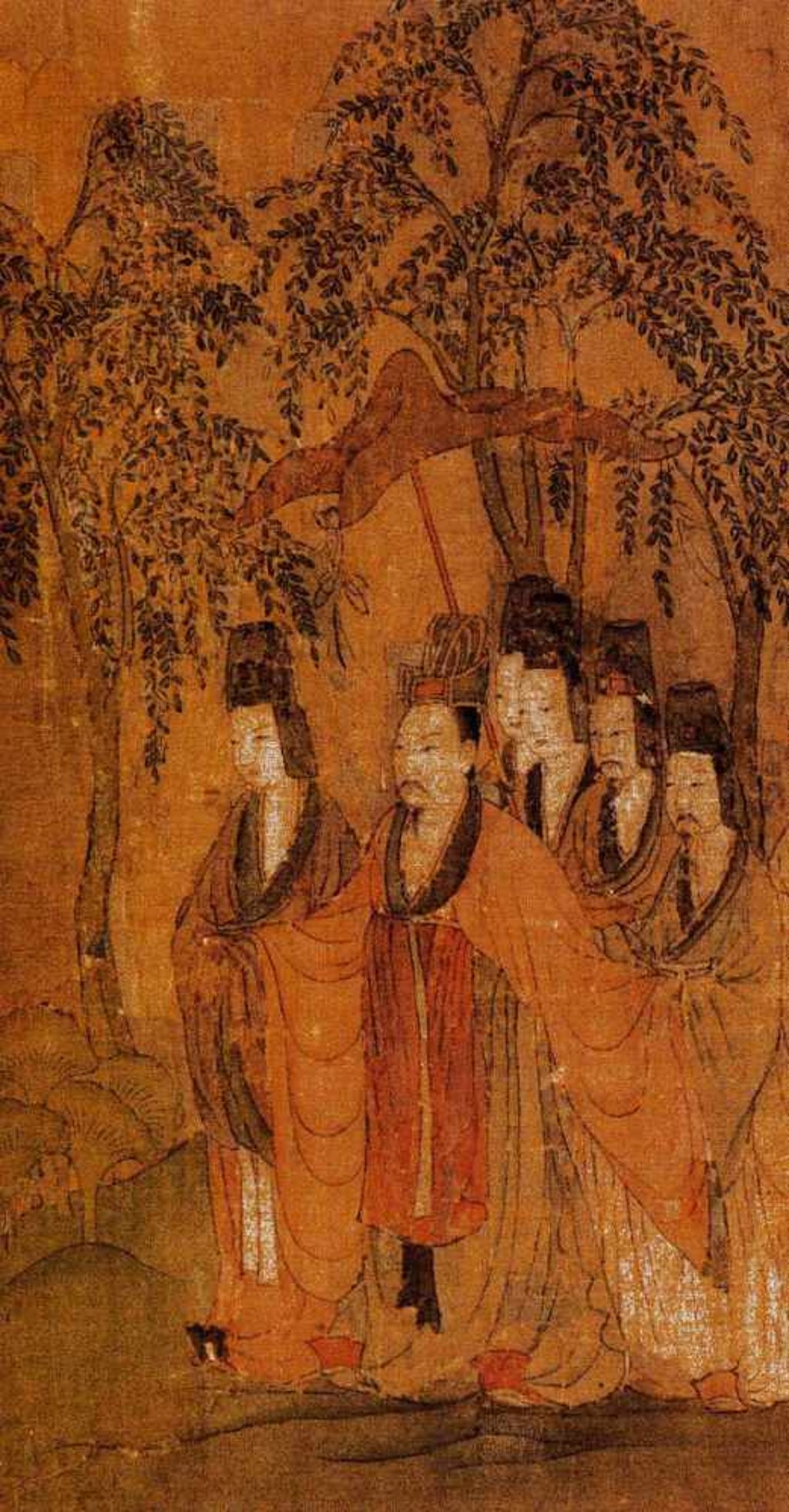Reflections | Chinese men who wore make-up weren’t ‘sissies’, they were admired and emulated by many of their contemporaries for centuries
- Chinese men throughout history have used make-up to achieve a fair complexion, applying powders made from finely milled rice or highly toxic lead on their faces
- The Six Dynasties period (220-589) was famous for dandified men who took meticulous care of their appearance and clothing

I was browsing online for a miracle in a tube to erase the dark circles around my eyes when I came across an astonishing array of make-up for men.
In nature, the males of the species are often more decorative than the females – think peacocks, birds of paradise, lions – and we tend to forget that men in the past, from the ancient Egyptians to Europeans in the 17th and 18th centuries, used kohl, powders, rouge and so on to make themselves more attractive.
Chinese men in certain historical periods were no strangers to make-up either. Like many in the ancient world, the Chinese considered a fair complexion beautiful and it was desired by members of both sexes.

To achieve that particular aesthetic if they were not naturally fair, many Chinese men resorted to applying powders made from finely milled rice or lead, which is highly toxic, on their faces.
There were records of men powdering their faces as early as the Han period (206BC-AD220). At the court of Emperor Hui of the Western Han, who reigned from 195BC to 188BC, his personal attendants were not allowed to report for duty unless their faces were powdered.

